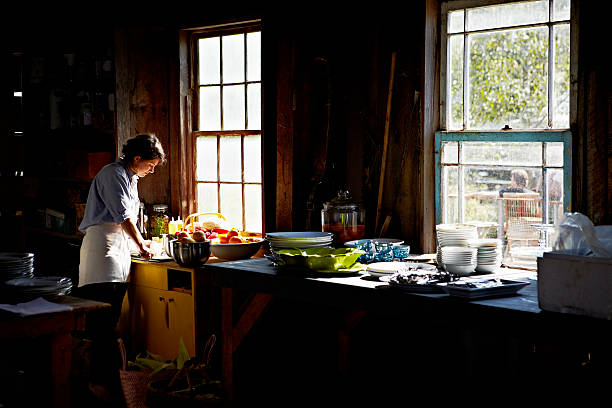As the clocks change this weekend, the onset of winter brings longer nights and colder days, prompting many Britons to focus on managing rising energy costs.
Ofgem, the energy regulator for Great Britain, recently announced a price cap increase of nearly £150, bringing average dual-fuel household bills to approximately £1,717 annually for those paying by direct debit.
In light of these concerns, we reached out to our readers for their energy-related questions, seeking insights from experts on how to reduce domestic energy use.
With air fryers gaining popularity during the cost-of-living crisis, many are curious about their efficiency compared to conventional gas ovens.
Energy expert Elise Melville notes that while air fryers can cut cooking times and reduce energy waste, a gas oven remains cheaper for larger meals, costing about 5p for half an hour compared to an air fryer’s 18p for the same duration.

Central heating usage also sparks debate as temperatures drop.
The Energy Saving Trust recommends setting thermostats to 18-21°C and suggests that lowering the temperature by just 1°C could save around £90 annually.
Running heating only when needed is essential for homes with conventional boilers; however, heat pumps may benefit from continuous operation.
Washing clothes efficiently is another concern, with eco modes often praised for their energy savings.
Melville advises checking the machine’s manual for specifics, noting that while eco settings may take longer, they can be more effective in cleaning.
For those struggling with high bills despite taking measures like reducing heating and shower times, contacting energy suppliers may provide access to support schemes.
Exploring options such as electric blankets, energy tariffs, or consulting local authorities for additional assistance can further help manage energy costs this winter.

